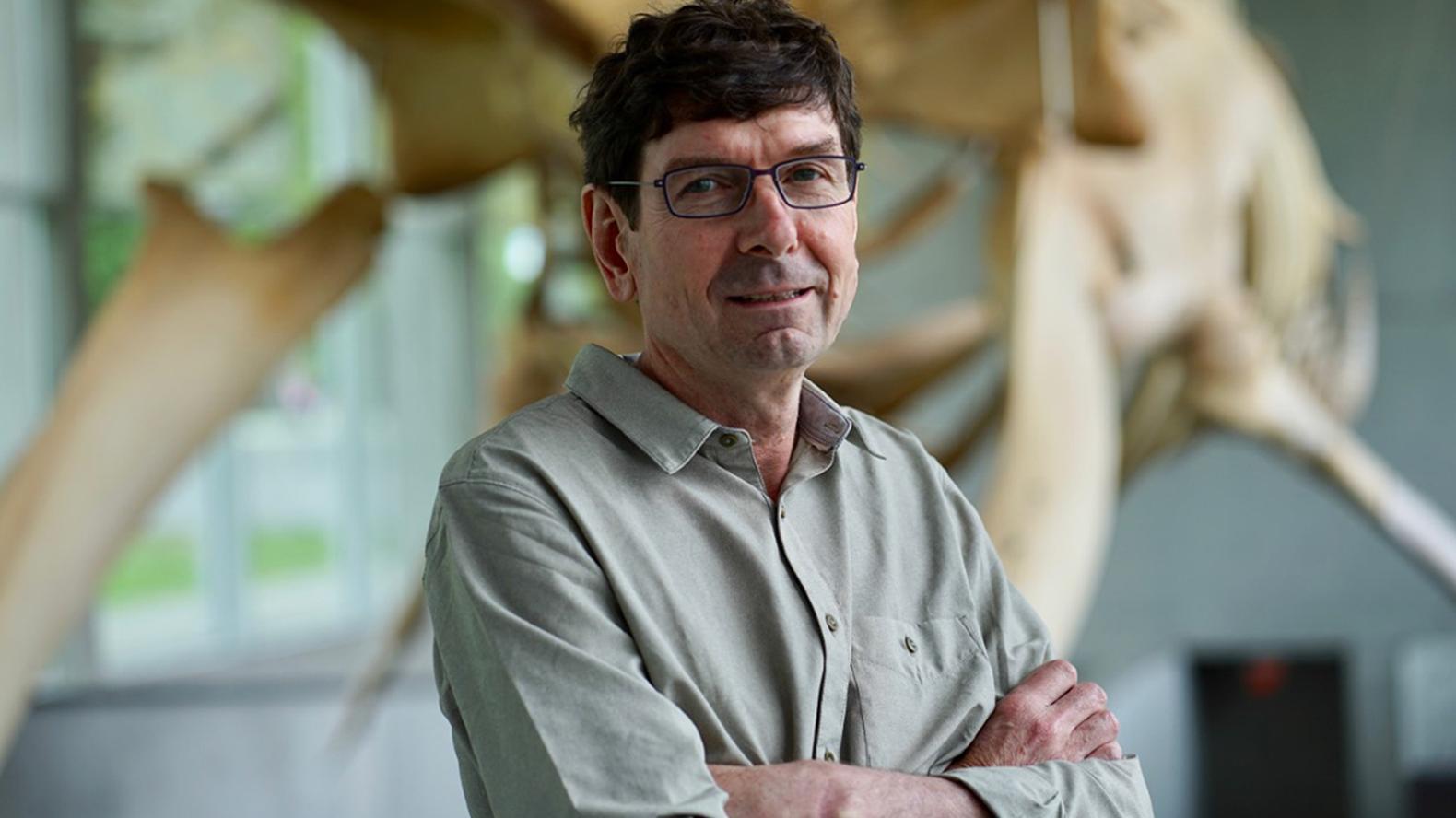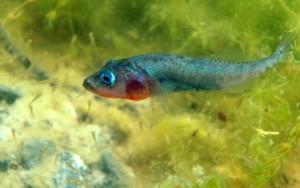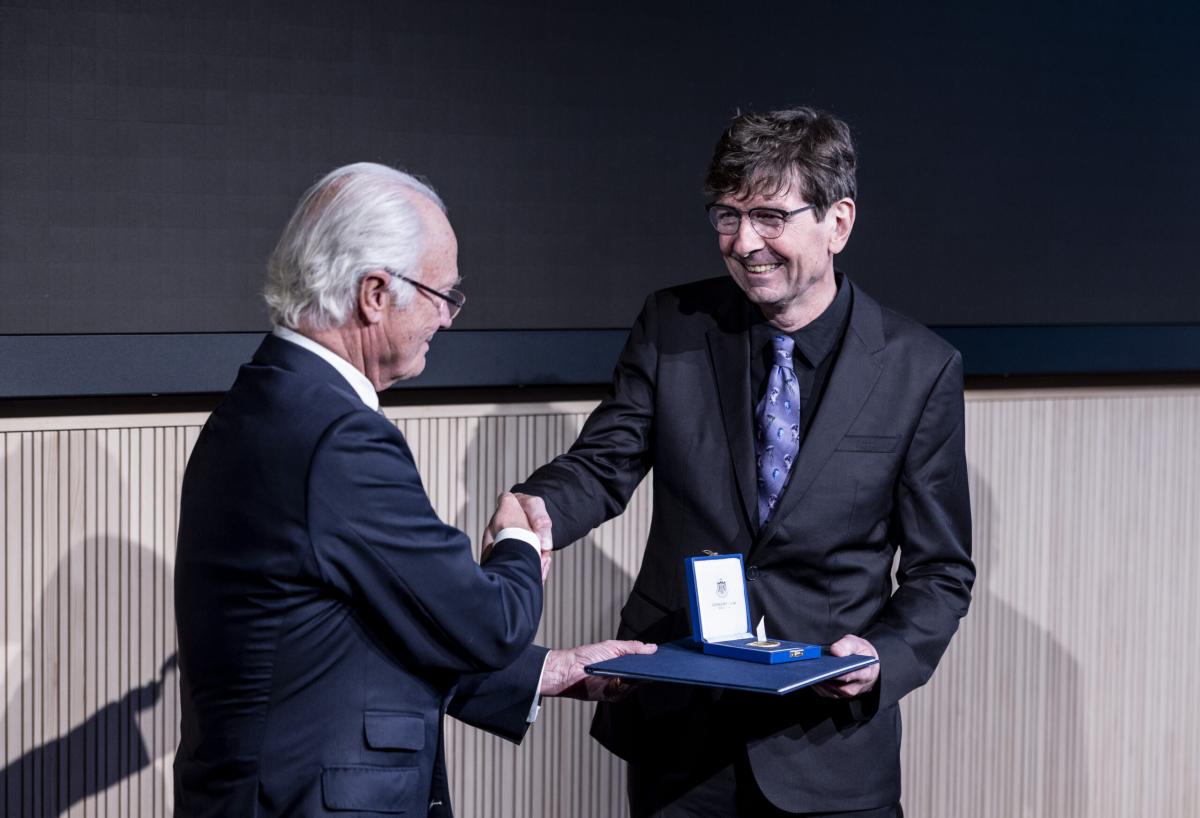
The three-spine sticklebacks exhibit remarkable diversity due to their evolution from marine fish to freshwater species after the last ice age, making them among the youngest species on Earth.

Photo by Katie Chu.
Dr. Schluter conducts his research in a unique research facility on UBC Vancouver's south campus, consisting of 20 outdoor ponds where he experiments on sticklebacks imported from Texada Island, BC.
Together with his team, Dr. Schluter investigates traits and genetic variations that contribute to sticklebacks' survival and reproductive success. They study how natural selection influences the development of advantageous traits in response to predators and changing environments.
They also examine the origin and persistence of species, focusing on ecological selection and reinforcement in different environments. Additionally, they collaborate with international researchers to explore the genetic basis of species differences.
Dr. Schluter is deeply concerned about the rapid extinction of species, including the stickleback species pairs he studies. Several of these species are listed under the federal Species at Risk Act, with two pairs already extinct due to competition from introduced species. Climate change poses an additional threat, as rising lake temperatures may further impact the fish, although much remains unknown.
Looking ahead, Dr. Schluter plans to conduct more research in Enos Lake on Vancouver Island, where he will study the stickleback population prior to the invasion of crayfish. By extracting sediment cores containing 10,000-year-old stickleback spines, he aims to gain insights into their evolutionary history and adaptation from saltwater to freshwater environments.

A male of the benthic species is guarding a family of stickleback fry that hatched a few days previously, from Paxton Lake, Texada Island, BC. Photo by N. Bedford.

Photo by Christine Olsson (crafoordprize.se).
This year Dr. Schluter was awarded the Royal Swedish Academy of Sciences' Crafoord Prize for his work on adaptive radiation and ecological speciation. His research on sticklebacks contributes to our understanding of evolutionary biology and the ecological mechanisms driving evolution. While revolutionizing the field, he also finds joy in his career, describing it as "pretty marvelous."